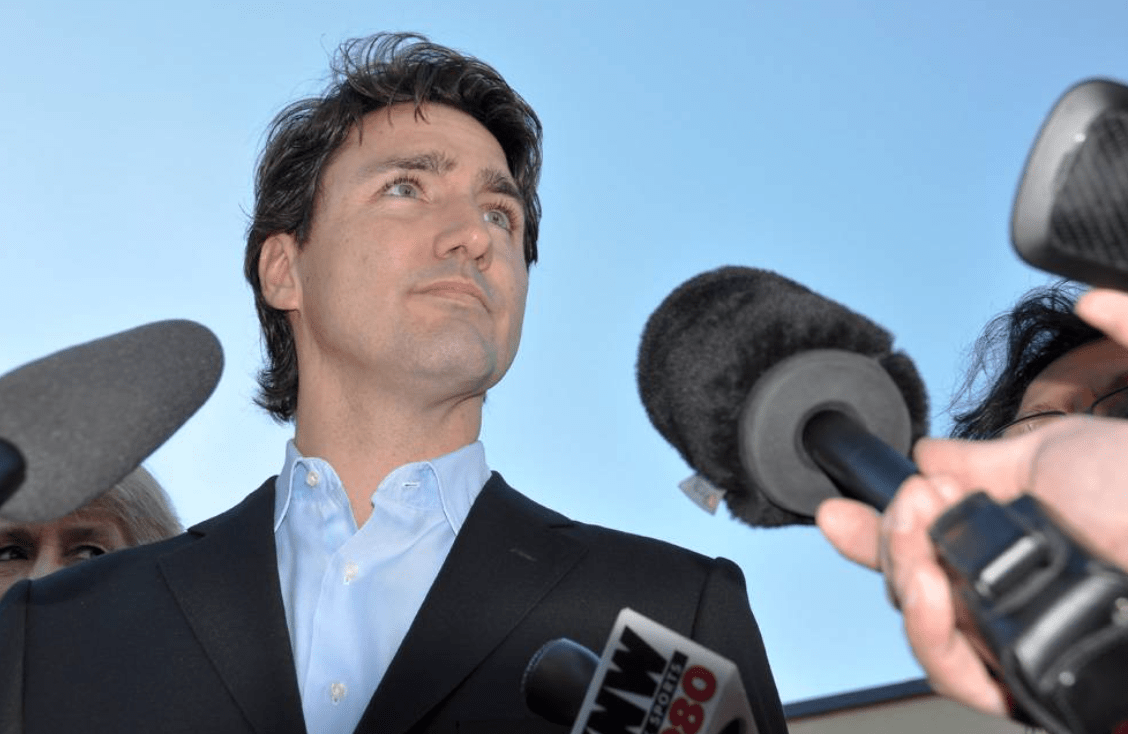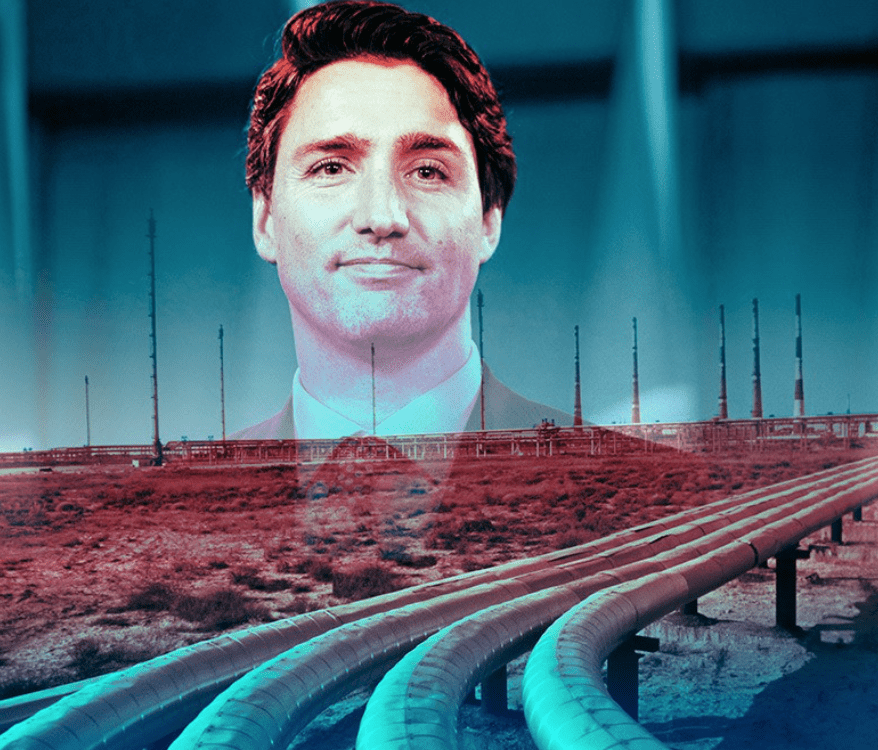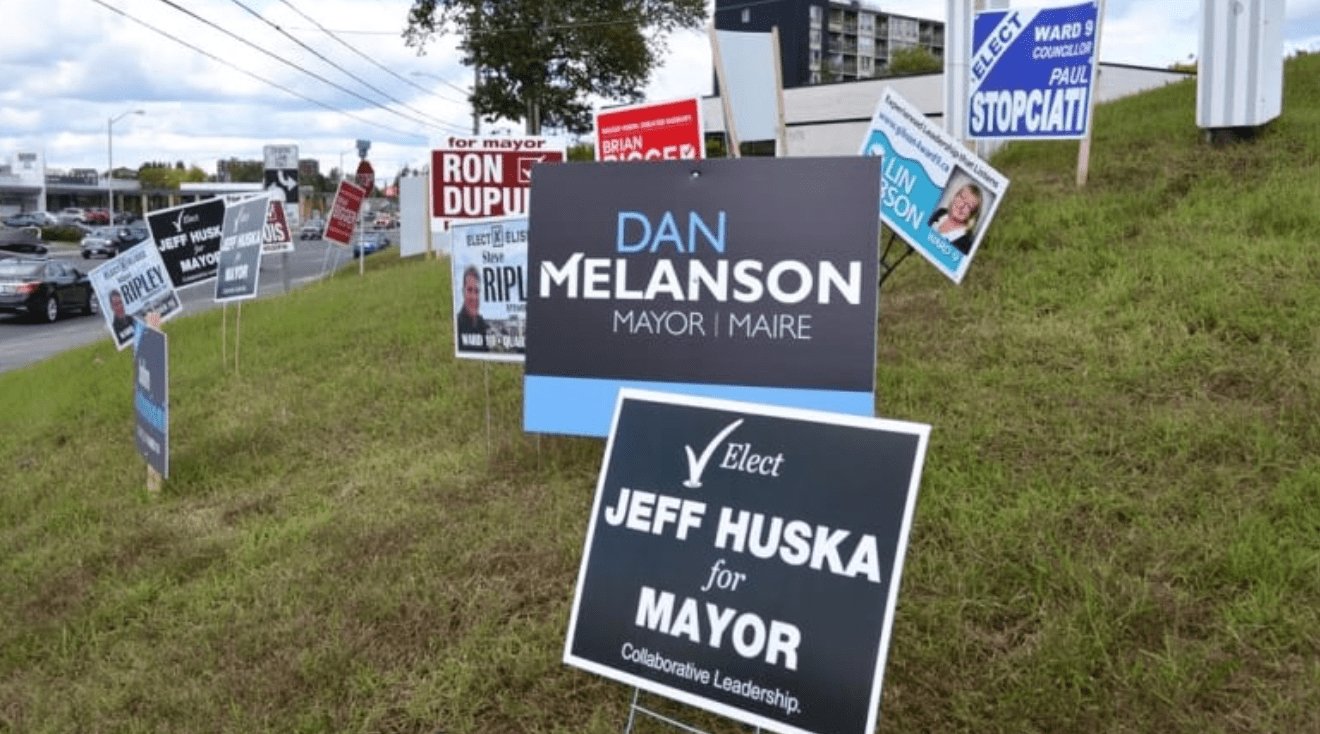Imagine, if you will, that you were tasked with explaining the current state of Canadian politics to someone who had no prior experience with any of the players or particulars. You couldn't use any names of people or places to signify what you were talking about; you could just describe goings-on in an extremely literal manner.
"So, the third most powerful politician in the country showed up to a major trade negotiation wearing a shirt that said 'Mom =/= Chopped Liver'…."
"The leader of the biggest province in the country decided he was going to cut the number of city councillors in the country's biggest city and people protested by kicking the wall of the legislative building en masse…"
"The Mayor of the biggest city in Canada and his main opponent have spent the past few months terrified to speak the name of a malapropism-prone white nationalist who can barely get the other Z-list YouTube skeptics to notice her….."
When you lay down the bare facts, I think you will begin to realize what I have come to realize of late: that Canada's politics are too ridiculous to be believed, and that's why nobody cares about it.
The bare facts sound like the ravings of an unhinged conspiracy theorist, connecting things that don't fit together. ("No, it's true! An elected official corrected himself for saying 'fishermen!' Twice! He said he meant to say 'fisherfolk'! What? Why are you looking at me that way?")
Why do we pundits take pride in our ability to interpret this dream-logic? We consider ourselves wise while forgetting that most people think us as mad as the lunatics they (more than likely) couldn't be bothered to vote for. We should be thankful anyone votes, with things being the way they are.
In fact, I now understand why so many Canadians go out of their way to show how normal and polite and decent they are: because the alternative is to see this ridiculous country as the circus it actually is and go stark raving mad. They tune out all the bad news because it's just too much to handle.
No wonder that opposition parties struggle to "get their message out" as they invent greater and greater calumnies. Voters are already numb from outrage, and to be honest the boundary between reality and exaggeration has been blurred enough to the point where nobody can tell which is which.
No wonder, also, that Trudeau is able to sweep Canadians off their feet. So used are they to failure and embarrassment that they look past his manifest defects, because no matter how badly he's doing he still looks good, and makes the rest of us look good, at least.
Their minds simply filter out the fact that our debt is catastrophically huge and that our cultural offerings to the world include Hayden Christensen in "Little Italy" and that Jon Kay is able to hoodwink people into buying into his Intellectual Dark Web knockoff.
This leaves the average Canadian voter in a peculiar state whereby he or she has grown so used to this low-level insanity, and to trying to block it out so that they can get on with the business of life that they have lost awareness of their own personal quirks and failings and spend their time taking notice of everyone else's odious behaviour and affronts to fairness.
Ignoring the mess in their own backyard, they become more and more fixated on the ratcheting up of tensions to the south and around the world. See how they anxiously await Trump's next move while reflexively backing Trudeau and condemning any Conservative foolish enough to interfere in the process! See how they go along with the CBC's pretending that socialism had nothing to do with Venezuela's collapse!
In years to come, after the bill has finally come due and the awful price has been paid, we will look back on this time and wonder how Canadians were able to delude themselves so completely, forgetting that we knew all along and simply chose not to see.
Written by Josh Lieblein










